Home / Curriculum / Early Years
Jesus said, ‘Let the little children come to me, and do not hinder them, for the kingdom of heaven belongs to such as these,’ Matthew 19:14

At St Gabriel’s we aim to deliver a high quality and experiential curriculum that provides a broad and balanced education which meets the needs of all pupils. Our Early Years curriculum builds upon the knowledge, understanding and skills of all children as they progress through our school, whatever their starting points. It is designed to give them the skills, knowledge and understanding to be successful, independent and motivated learners in readiness for their next stage of education and prepare them for their future lives.
In order for this to be achieved, our children need be literate and numerate and have the necessary communication and language skills in order to successfully access the curriculum. We believe that PSHE is core to support the development of the whole child and promote a positive attitude to learning. We aim to ensure children are educated in a happy, safe and secure environment.
Early Years Curricular Goals
Early Years staff have developed their own set of curricular goals. These goals underpin the Early Years curriculum taught at St Gabriel’s. The curricular goals outline the key skills and knowledge we wish our children to achieve during their time with us. The goals have been written specifically with the needs of our pupils in mind and the community we serve.
At St Gabriel’s Catholic Primary school both Preschool and Reception staff work closely together.
There are seven areas of learning and development that shape the educational programmes and form the foundations of our curriculum. The statutory framework is used in conjunction with Development Matters (2021) and whole school progression documents to support practitioners in the delivery of an ambitious, effective curriculum, building on the strengths and needs of our children.
Our curriculum encompasses all of the seven areas of learning and linked educational programmes. All areas of learning are important and interconnected. These consist of :
The 3 Prime areas of learning
The 4 Specific Areas of learning
The prime areas are strengthened and applied through the four specific areas of learning.
There is a stronger focus upon the Prime areas of learning across both Preschool and Reception. As children progress through Reception there is a greater focus on teaching the skills and knowledge in the specific areas of learning.
The “Characteristics of Effective Learning” are at the heart of our Curriculum and explore the different ways in which children learn. All the learning experiences we plan for the children allow them to utilise and develop these skills.
Our curriculum has been designed to cover and revisit the key skills, knowledge, experiences and opportunities which best meet the learning and developmental needs of the pupils in our school. Our curriculum is purposefully planned through a theme and text-led learning. In both Preschool and Reception there are six main half termly ‘themes’ which run across the year. These themes are broken down into smaller units to ensure that all areas of learning are covered across the year. High quality texts have been matched to each theme and are used as stimulus to learning at the beginning of each week. Important cultural events and real life experiences are also interwoven into long term planning.
We believe that the Early Years Foundation Stage is the starting point for every subject area. Early Years staff have worked with subject leaders across school to produce progression documents and ‘Big Reds’ which outline the key objectives to be taught across the year and during each topic. These shape our day to day teaching and ensure our curriculum is coherently planned and sequenced from Preschool to Reception and Reception into Year 1. High quality experiential experiences are built into our curriculum, alongside trips and visitors.
Staff also follow the whole school Catholic curriculum for R.E which promotes the personal, social and spiritual aspects of a child’s development. Children in early years also say daily prayers and participate in Prayer and Liturgy.
At St Gabriel’s, we believe that children benefit from engaging first hand experiences and activities, through continuous and enhanced provision both indoor and outdoor. Play is an essential part of our curriculum, building children’s confidence as they learn to explore. There is a balance of child initiated and adult focussed tasks which gradually increase over time to prepare children for Year 1.
Through play children are encouraged to be creative, develop their language skills and understanding and develop social skills. All children have daily continuous provision time. These activities are well matched to the children’s needs and are carefully supported by adult interactions, when necessary.
The learning environment is stimulating, inviting and colourful. All areas of learning are balanced across the provision providing children with opportunities to independently explore and learn in a safe environment. There is a dedicated outdoor learning space that all three classes share and provides opportunities for the children to learn and play together.
The development of children’s communication skills underpins all seven areas of learning and is a key focus within our provision. Children in Preschool participate in the Wellcom programme to develop their communication skills. In addition, Reception children have weekly group sessions from a speech and language therapist to develop their speaking, listening and understanding skills. Children also have weekly word aware and concept cat sessions to develop and improve their vocabulary.
The children follow the Read Write Inc phonic programme, which is taught daily. Phonically regular texts are provided at these early stages so that children have the opportunity to practise and apply their phonic knowledge and skills and their knowledge of common exception words. Children also have daily opportunities to apply their phonic knowledge to spelling and writing captions and sentences. Along side this, staff use the Early Years literacy progression document to plan our own bespoke curriculum for writing linked to children’s interests or linked texts.
Teachers plan sessions, which also involve the teacher reading good quality and engaging texts to the children. We believe that reading is not only an important life skill and a way of learning new information, but is also a great source of pleasure. Therefore, children have daily story times for enjoyment and access to the library.
At St Gabriel’s, we believe that play and practical exploration are key to both developing a strong conceptual understanding in maths and in engaging children in the enjoyment of maths. Active learning is at the heart of Maths within our early years. Concepts are introduced through concrete representations and models and images. Staff provide frequent and varied opportunities to build and apply their understanding outside the Maths session. At St Gabriel’s we believe strong grounding in number is essential so that all children develop the necessary building blocks to excel mathematically. To ensure children become confident mathematicians all children have a daily counting session. Daily counting provides children with a strong foundation for later learning.

Children at St Gabriel’s experience a broad, relevant and challenging curriculum that addresses their needs and leads to children achieving well and making at least good progress. Over time, children are able to do more and remember more. Progress in Early Years is strong, as the school starts to successfully tackle gaps in children’s learning, particularly in language and communication skills.
At St Gabriel’s, the impact of our Early Years curriculum is measured in the experiences, confidence and competence of our children across the seven areas of learning. Children in our Early Years classes settle well. Over the year they show increasing levels of engagement and independence in both child led and adult led activities. Because of the increased focus on developing speaking and listening skills, children are increasingly more able to access more areas of learning and communicate better with adults and other children.
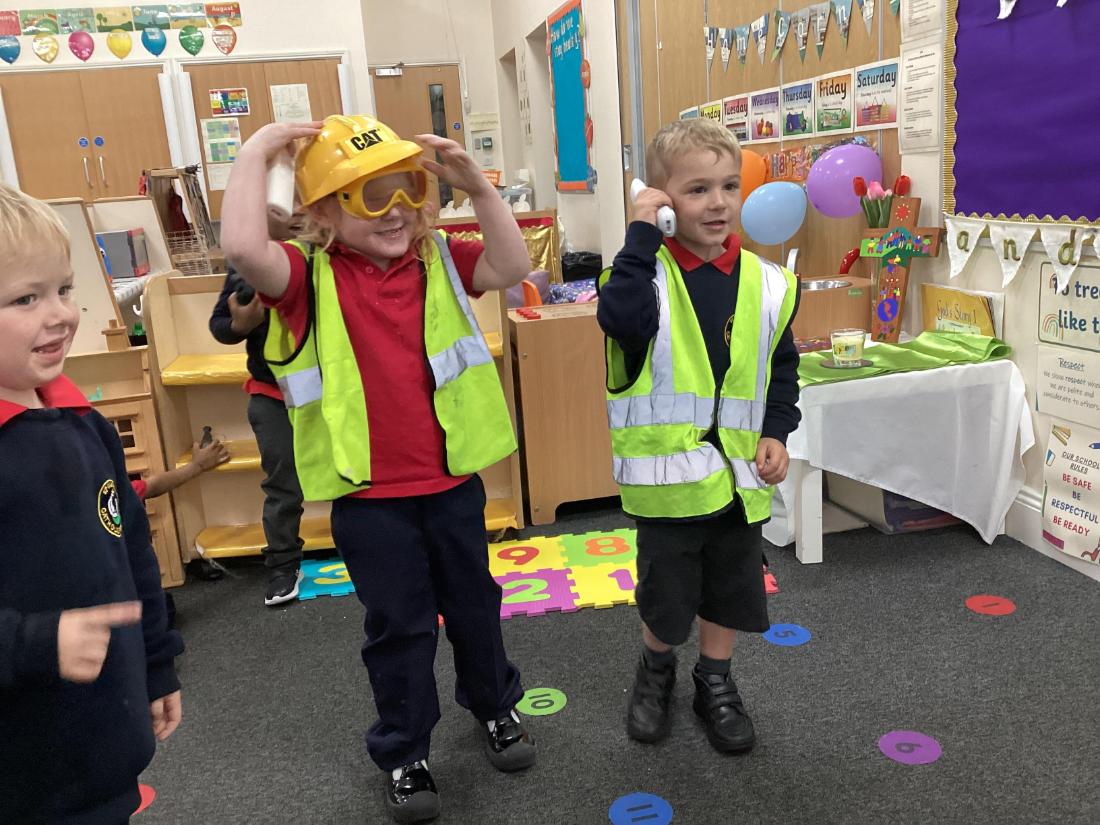
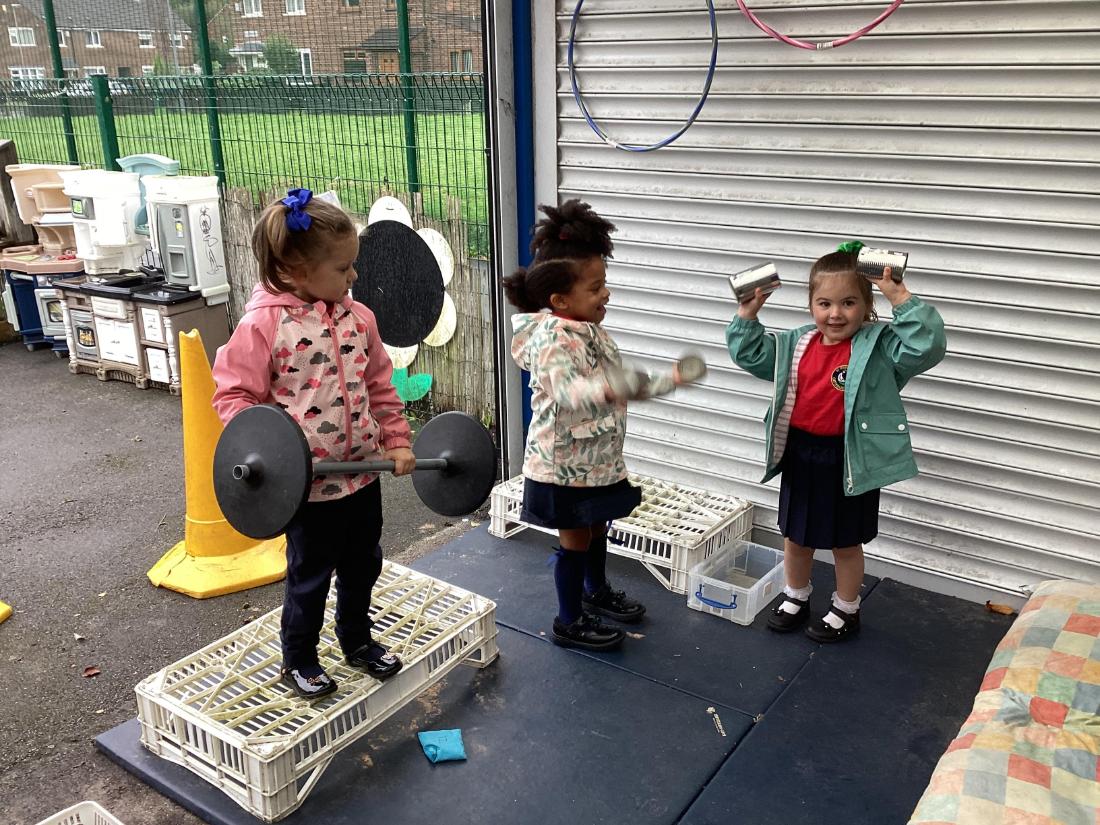
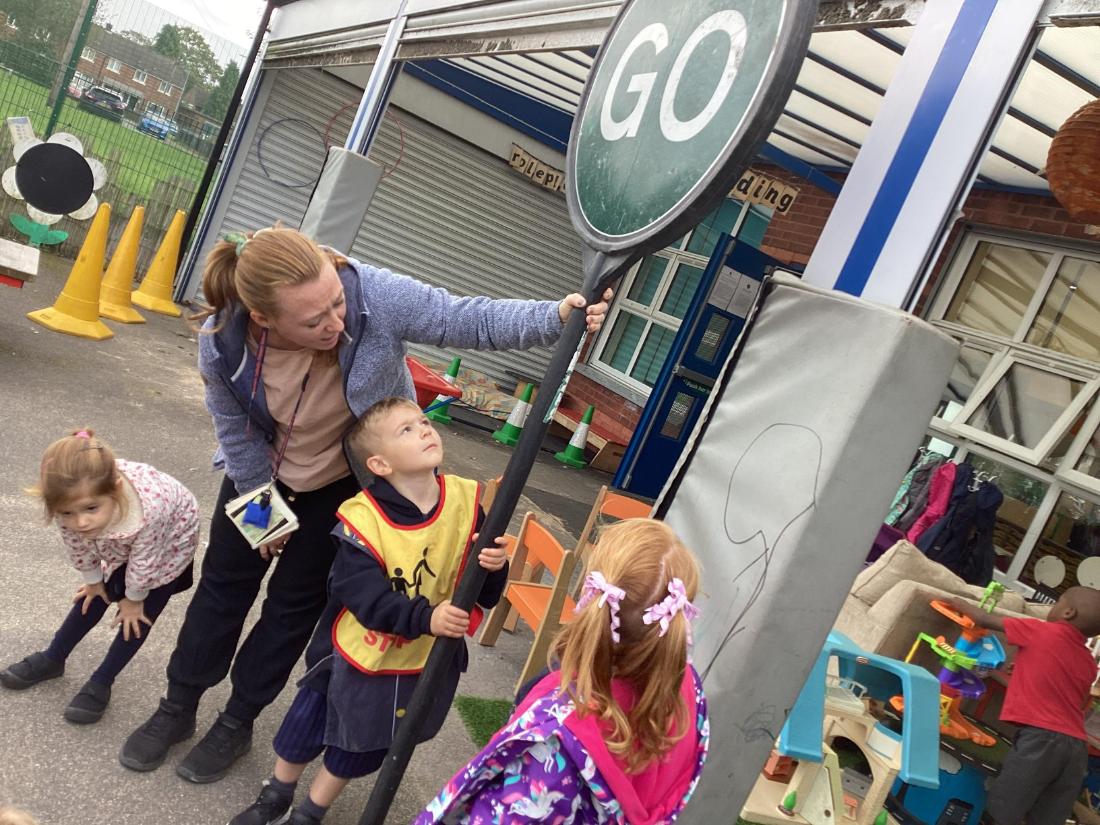
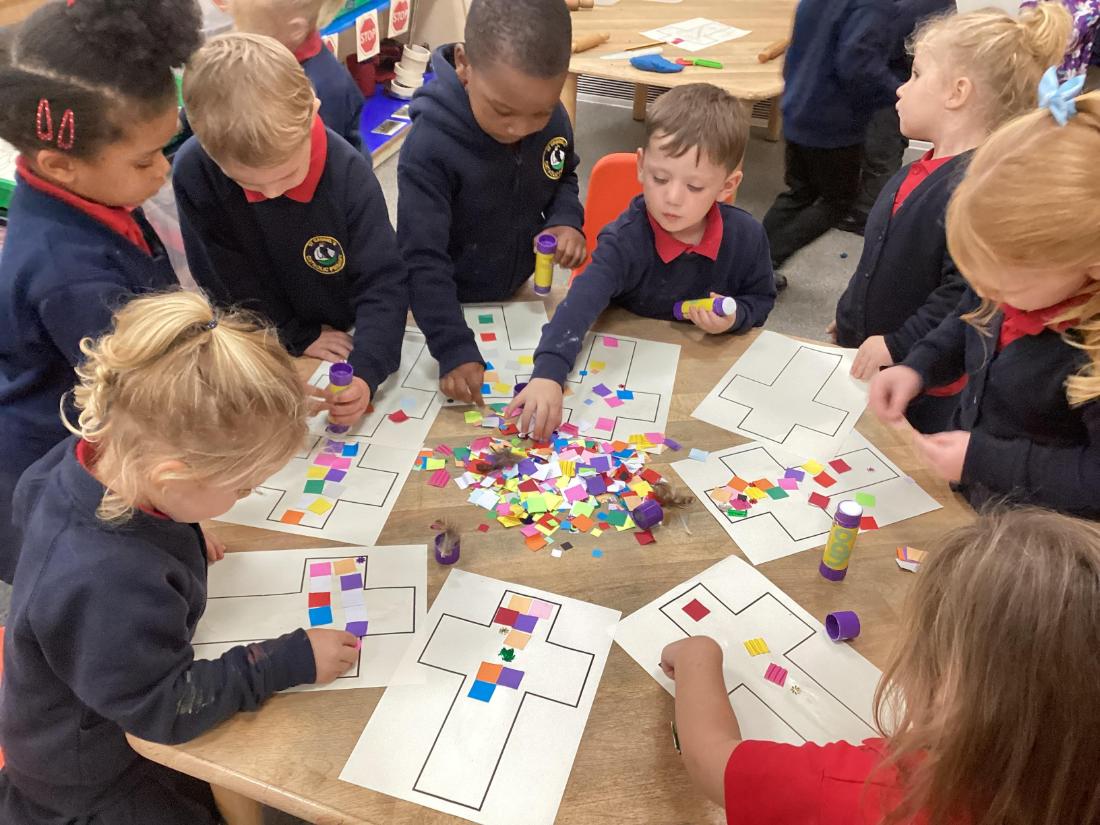
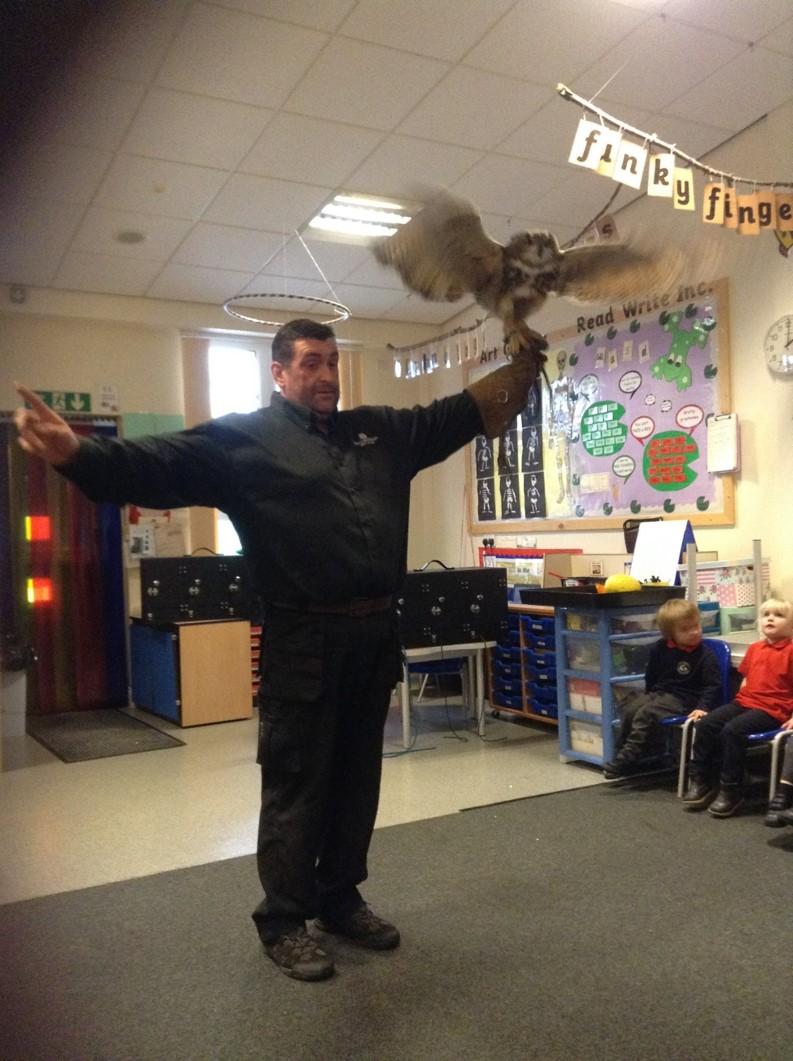

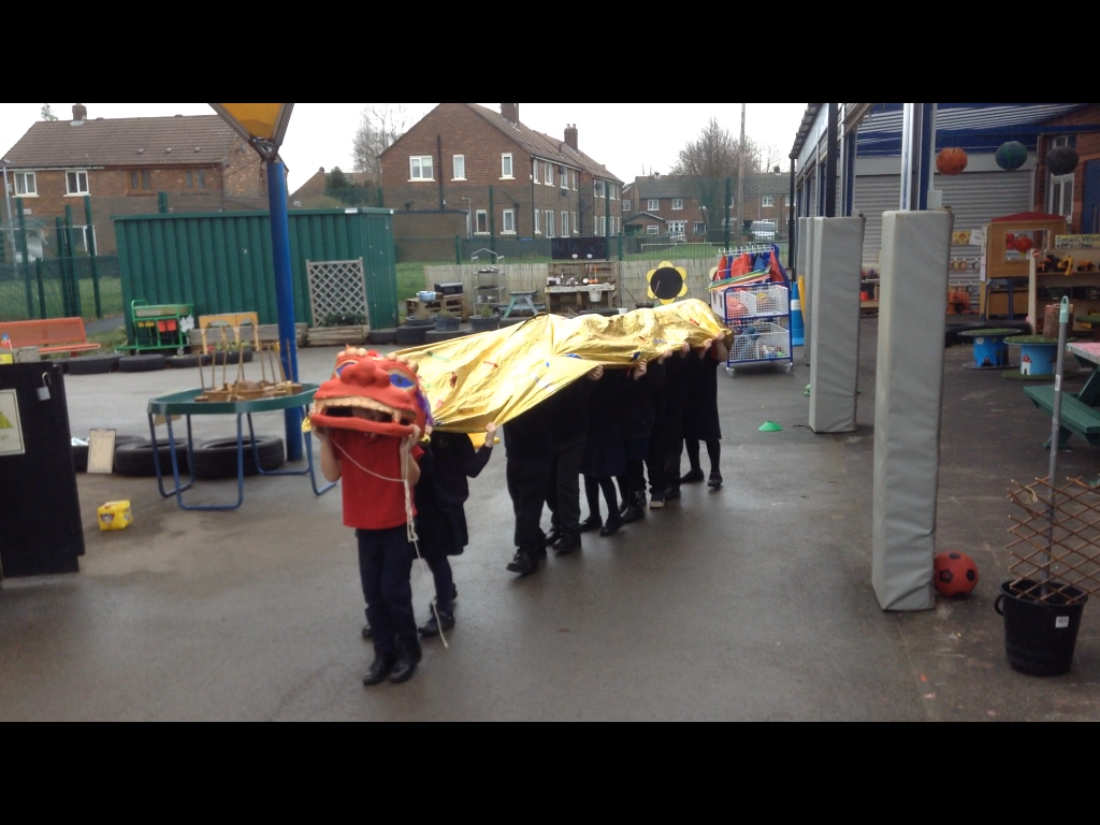


















We have now updated our Holidays & Events section of our website for this school year.
Make sure to check it out.
Performance Measures